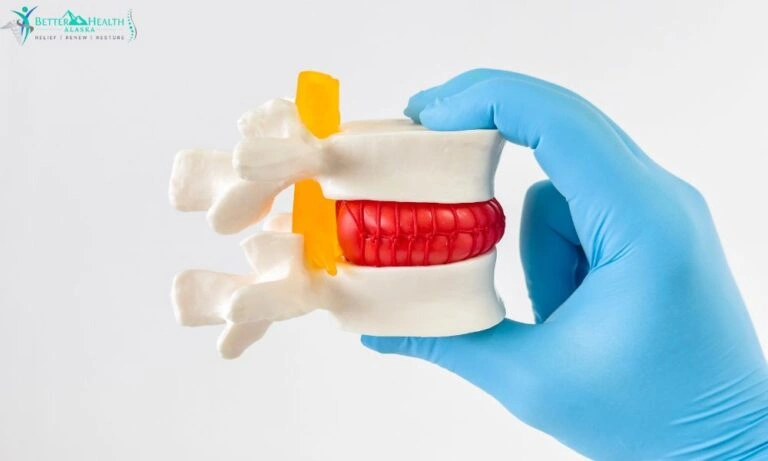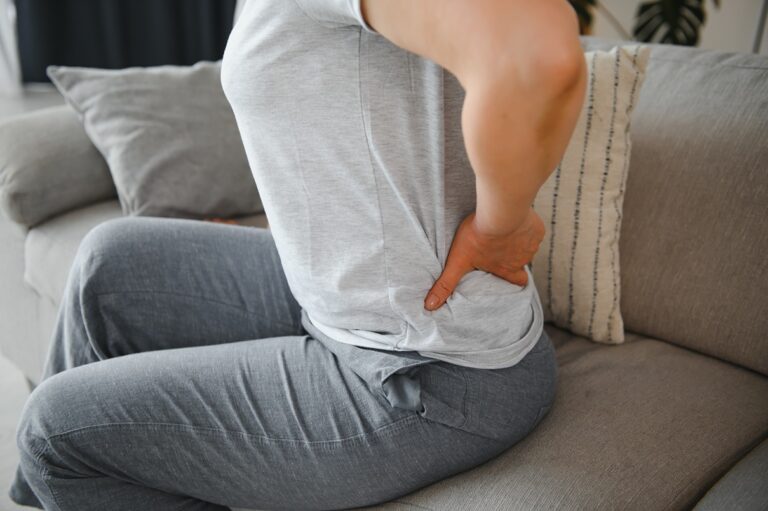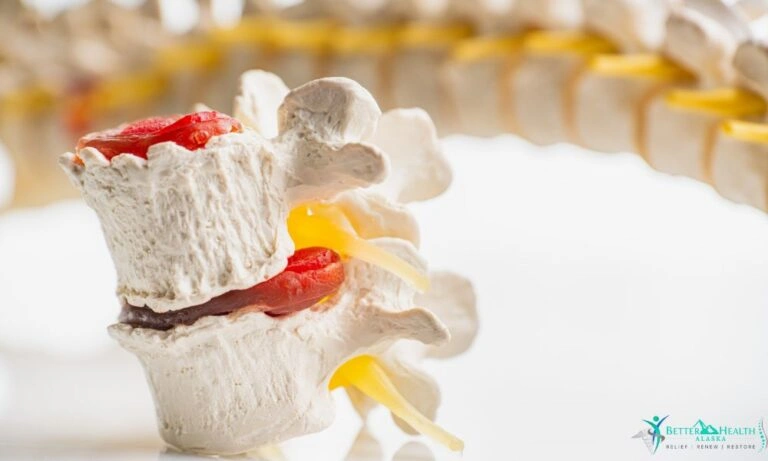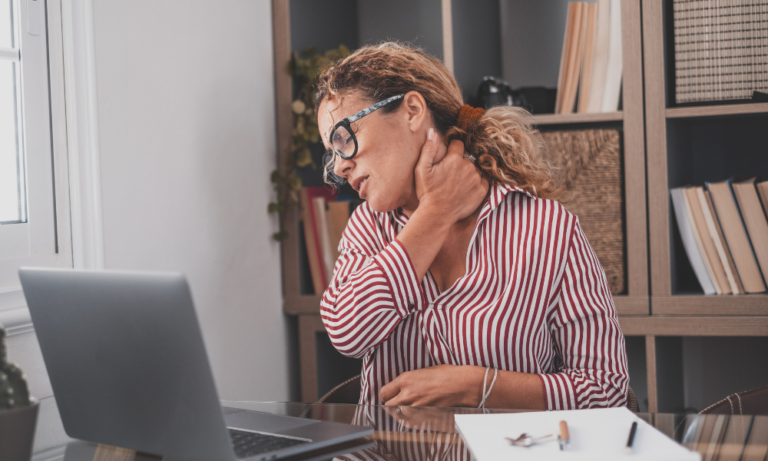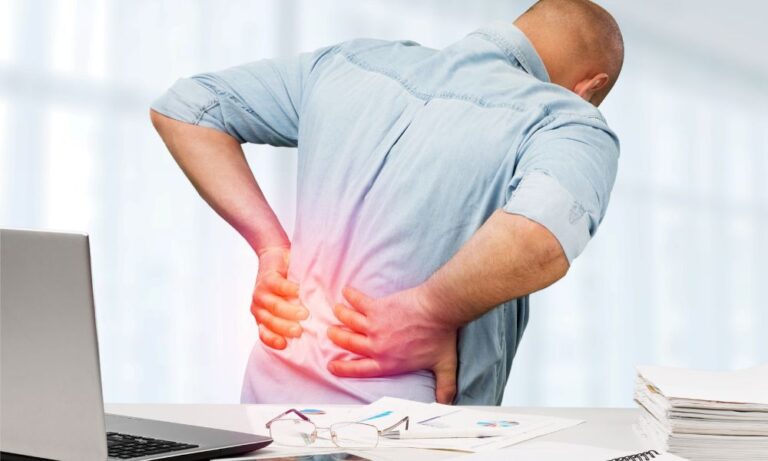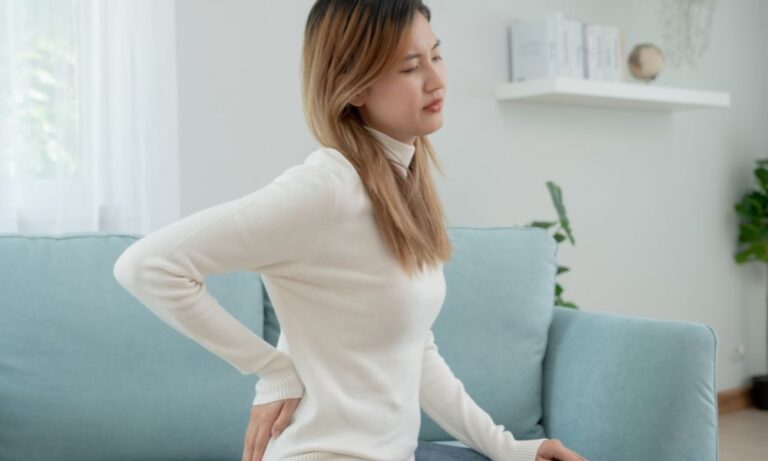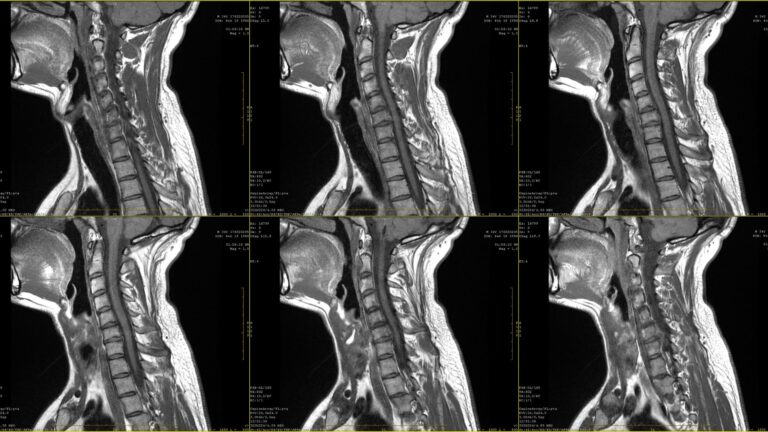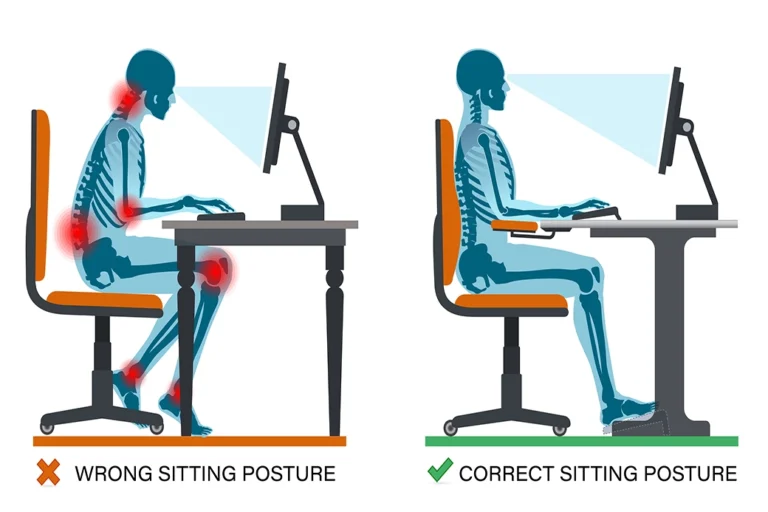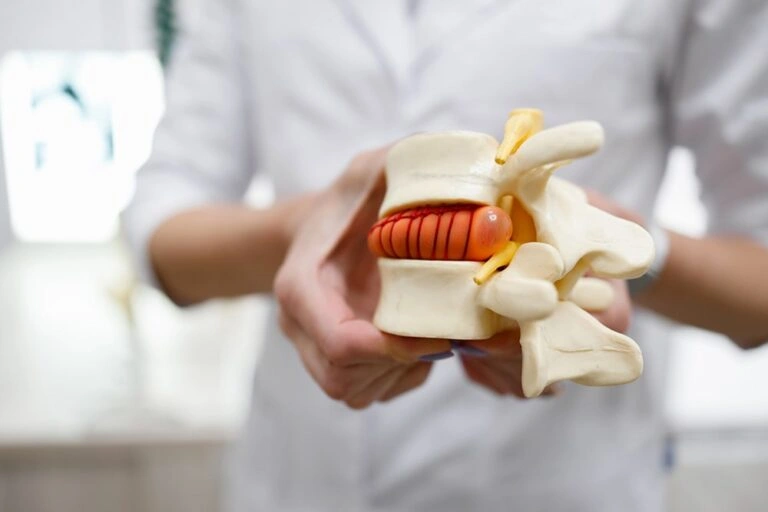
Herniated Disc Treatment Options in Anchorage, Alaska
Treatment Options for a Herniated Disc A disc is the tissue that serves as “padding” between two vertebrae in the spine (regardless of whether it is the cervical, thoracic, or lumbar spine). A herniated disc refers to a condition in which the outer layer of a disc ruptures and the



